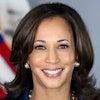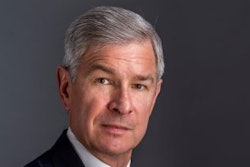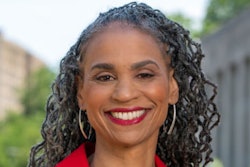JACKSON, Miss. — A skilled long snapper and a sure-handed holder. He had neither as placekicker for the Washington Redskins in the early 1960s. And that led Robert Khayat home to Mississippi, where he became one of the most influential administrators of higher education in state history.
Khayat, now 75, was University of Mississippi chancellor from 1995 through 2009. Under his leadership, Ole Miss was awarded one of 280 chapters in Phi Beta Kappa, considered the highest honors society in the U.S., established the Jim and Sally Barksdale Honors College, increased enrollment by 70 percent and opened the William Winter Institute for Racial Reconciliation in 1999.
He writes about his journey from his hometown of Moss Point to the chancellor’s chair at Oxford in his new book, The Education of a Lifetime, released Sept. 10 by Nautilus Publishing.
And, yes, he wonders how his life’s path might have veered had his kicking chores been made easier in Washington.
“Led the NFL my first year,” he says. “Both my snapper and holder left after that season, and they were really good. Made my job so easy. The next year, my snapper and holder were awful. My accuracy went from 80 percent to 50 percent. … Pat Summerall, who was kicking for the [New York] Giants at the time, told me a snapper and a holder could make or break a kicker. So I was like ‘I’m out of here.’ I might have played 15 years if things had stayed the way they were my rookie season.”
Khayat could never handle mediocrity. He wouldn’t stand for it at Ole Miss, his alma mater, where he was a tackle and placekicker on the Rebel squad that was awarded the 1959 national championship by four polls.




















